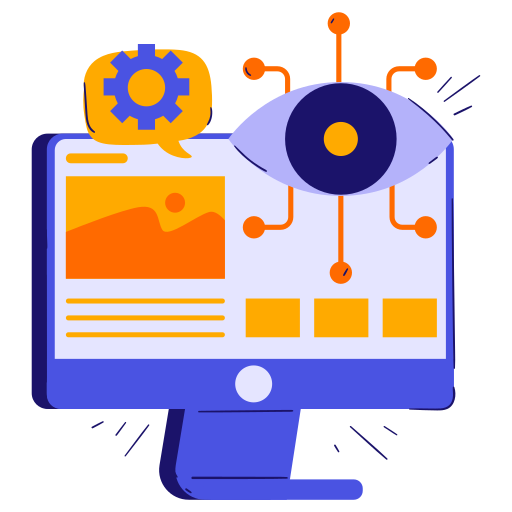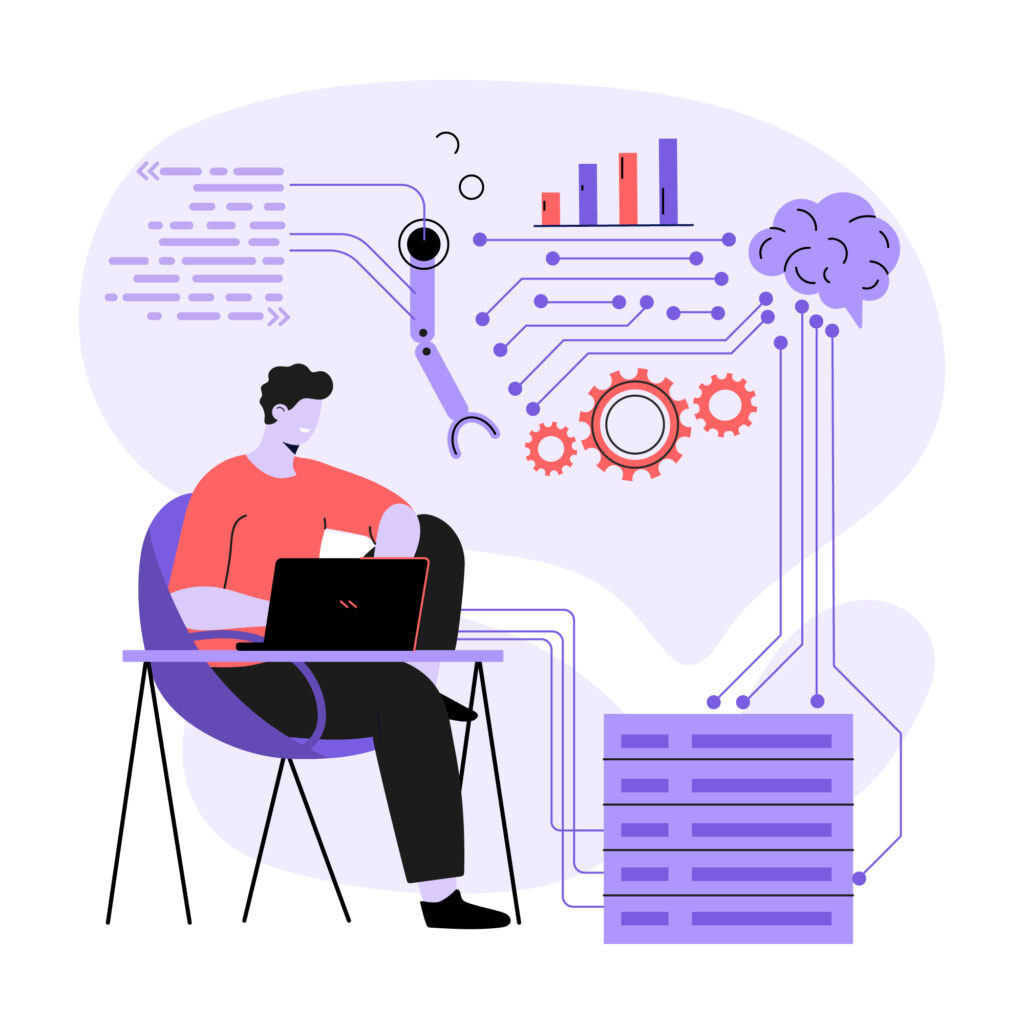Machine Learning
Machine Learning
Module Overview
OBJECTIVE
GoAskNow Academy welcomes you to excel with this introductory Certificate Programme in Fundamentals of Machine Learning and its Algorithms to equip yourself in making decision autonomously. This module is designed by expert leaders from top universities and global industries.
DURATION
- 4 week 45 hours
- Live meet sessions
- 5 Modules
This course includes
- Live Training Material
- Reference Materials
- Certified Certificates
Mode
- Online and Offline
Limited seats Available
Enroll Now! Only ₹17,000 – Batches starts from
16th July 2025
The programme offers a detail understanding in:
- Understanding about the fundamentals of machine learning and neural networks
- Enabling the students to implement the ML algorithm in real world applications.
- Motivating the students to apply Machine learning algorithms for solving real life problems.
Eligibility Criteria:
Any Professionals and Any Students
Module Structure
Module 1
Introduction to Machine Learning
Duration: 9 hours
- Various paradigms of learning problems
- Forms of Learning: Supervised, Semi-supervised, and Unsupervised algorithms, Reinforcement Learning
- Machine Learning Terminologies and Model Evaluation: Confusion Matrix, Accuracy, Precision, Recall, F1-Score, the curse of dimensionality, training, testing, validation, cross-validation, over-fitting, under fitting, early stopping, regularization, bias and variance.
Module 1
Module 2
Supervised Learning Algorithms
Duration: 12 hours
- Regression: Linear Regression, Polynomial Regression,
- Evaluation metrics: MSE, RMSE, R² score.
- Classification: Logistic Regression, k-Nearest Neighbours (KNN), Decision Trees, Random Forests, Support Vector Machines (SVM)
- Evaluation: Confusion Matrix, Accuracy, Precision, Recall, F1-score, ROC Curve.
Module 2
Module 3
Unsupervised Learning Algorithms
Duration: 8 Hours
- Clustering: k-Means Clustering, Hierarchical Clustering, DBSCAN.
- Dimensionality Reduction: Principal Component Analysis (PCA), overview of t-SNE.
- Applications of clustering: Market segmentation, customer analytics, social network analysis, and anomaly detection
Module 3
Module 4
Artificial Neural Networks & Deep Learning
Duration: 6 hours
- Introduction to Artificial Neural Networks
- Differences between Biological and Artificial Neural Networks
- Multi-layer neural network, Perceptron model and activation functions
- Forward and backward propagation
Module 4
Module 5
Practical Implementation of ML
Duration: 8 hours
- Python libraries: NumPy, Pandas, Matplotlib, Scikit-learn.
- Real-world datasets: Iris, Titanic, MNIST, etc.
- Case Studies: Predicting house prices, Handwritten digit classification, Customer segmentation.
- Emerging Trends: Introduction to Reinforcement Learning, ML in edge/IoT devices, AutoML & Transfer Learning, Quantum Machine Learning.
Module 5
Module 6
Contemporary Issues
Duration: 2 hours
- Guest lectures and case studies from industry experts
Module 6
Programme Duration

- 4 Weeks (6 days a week)
- 45 Hours online sessions
- 10 Practical experiments and case studies (20 – 25 hours)
- Core areas data pre-processing, model training, and interpretation tasks
Learning Outcomes
- At the end of the program the student will be able to
- Comprehend the categorization of machine learning algorithms.
- Understand the types of neural network architectures, activation functions
- Acquaint with the pattern association using neural networks
- Adopt different feature selection and classification techniques
Job Roles

ML Engineer / Data Scientist

AI Researcher

Business Intelligence Developer

Data Analyst / NLP Engineer

IoT & ML Integration Specialist

Computer Vision / Speech Processing Expert
Instructor's Role
- One on one mentorship on demand.
- Hands on learning
- Career support and guidance
- Evaluation of assignments and quizzes.
